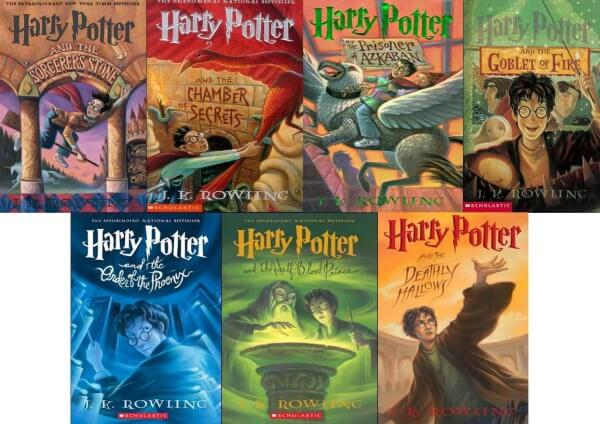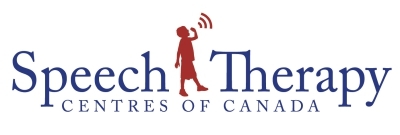
My favorite book series to read is undoubtedly, the Harry Potter series. Even as an adult I was intrigued by this story of an orphaned school-aged boy who on his 11th birthday learned that he had a gift that set him apart from his peers. Harry soon discovered a world of magic that was unknown to him all while he experienced the usual adolescent challenges such as maturation, relationships, and managing social conflicts.
My opinion of the value of this series is not unproven. There is plenty of discourse from children and teachers alike that prove the benefits of reading Harry Potter books to developing children’s literacy skills and love of reading. Many believe that this series boosts children’s reading abilities and encourage them to read more widely. Teachers cite the Harry Potter novels as being valuable educational resources. And some have even asserted that the Harry Potter books have encouraged boys aged 9 to 14 years—traditionally a group not generally interested in reading books—to read much more.
If you’re looking for more evidence, teacher resource blogs list Harry Potter and the Philosopher’s Stone, the first installment in the series, as a resource for parents who are looking to expand their storytime repertoire and continue reading to children who are past the storybook age. This book works in these circumstances because while it’s geared for childrens’ active imaginations, the exciting story is also attractive to adults. Sharing it with your child is a win-win deal: you get to read this excellent children’s story and while bonding with them and enjoying storytime.
Aside from encouraging children to read more and improving reading and literacy skills, the Harry Potter series has even more to offer. Since the content appeals to many ages, including adolescents and young adults. J.K. Rowling books help foster higher-level cognitive skills such as inferencing, social interactions, figurative language, problem solving, and perspective-taking. These are all important skills that adolescents and young adults require in order to maintain academic success and meaningful relationships.
For more book recommendations, check out this blog post on 2 of our favourite storybooks. If you’d like to learn more about how reading can help your children to improve their literacy and social communication skills, call our office at 905-886-5941 or email us at info@speechtherapycentres.com
By: Written by Giulia Contella
